Introduction
Job interviews in Japanese companies often have unique characteristics that differ from those in Western countries. While technical skills are essential, Japanese employers place a significant emphasis on cultural fit, teamwork, and long-term commitment. Understanding the most commonly asked questions and preparing structured responses can significantly increase your chances of success.
1. Self-Introduction (自己紹介 / Jiko shoukai)
Question:
“自己紹介をお願いします。(Please introduce yourself.)”
Answer Example:
“はい、私は[Your Name]と申(もう)します。私は[Your Field]のエンジニアで、[X]年間の経験(けいけん)があります。これまでに[mention key skills or projects]に取(と)り組(く)んできました。新しい環境(かんきょう)で学びながら貢献(こうけん)したいと考えております。よろしくお願いいたします。”
Tip: Keep it concise (about 1-2 minutes), highlighting your experience, strengths, and enthusiasm for the role.
2. Why This Company? (志望動機 / Shibou douki)
Question:
“なぜ当社(とうしゃ)を志望(しぼう)しましたか?(Why do you want to work for our company?)”
Answer Example:
“貴社(きしゃ)の[mention specific aspect, e.g., innovation, company culture, technology]に魅力(みりょく)を感じました。特に[mention specific project or achievement of the company]に共感(きょうかん)し、自分の[skills]を活(い)かして貢献(こうけん)できると考えました。”
Tip: Research the company well and align your skills and aspirations with their vision.
3. Strengths and Weaknesses (長所と短所 / Chousho to tansho)
Question:
“あなたの長所(ちょうしょ)と短所(たんしょ)を教えてください。(What are your strengths and weaknesses?)”
Answer Example (Strengths):
“私の長所(ちょうしょ)は[mention strength, e.g., problem-solving, adaptability]です。例えば、[specific example from past work experience]という経験がありました。”
Answer Example (Weaknesses):
“短所は[mention a weakness but explain how you are improving it]. 例えば、以前は[describe a past issue], しかし、現在は[steps taken to improve].”
Tip: Choose strengths relevant to the job and weaknesses that demonstrate self-awareness and improvement efforts.
4. Handling Difficult Situations (困難な状況の対応 / Kon’nan na joukyou no taiou)
Question:
“これまでに直面(ちょくめん)した困難(こんなん)な状況(じょうきょう)と、それをどのように乗(の)り越(こ)えましたか?(Tell us about a difficult situation you faced and how you handled it.)”
Answer Example:
“以前(いぜん)、[describe the problem]という課題(かだい)がありました。その際(さい)に、[specific actions taken]を行(おこな)い、結果(けっか)として[positive outcome]. この経験(けいけん)から[lesson learned]を学(まな)びました。”
Tip: Use the STAR method (Situation, Task, Action, Result) to structure your response.
5. Future Career Goals (キャリアプラン / Career Plan)
Question:
“5年後、10年後のキャリアプランを教えてください。(What are your career goals in the next 5 or 10 years?)”
Answer Example:
“5年後には[short-term goal], 10年後には[long-term goal]を達成(たっせい)したいと考えています。貴社(きしゃ)では[how the company aligns with this goal], そのために[skills or experiences you hope to gain].”
Tip: Show ambition while aligning your goals with the company’s growth and values.
6. Final Questions (逆質問 / Gyaku shitsumon)
Question:
“何か質問はありますか?(Do you have any questions for us?)”
Recommended Questions:
- チームの文化(ぶんか)について教えていただけますか?
- 今後のプロジェクトの方向性(ほうこうせい)について知りたいです。
- 貴社で成功(せいこう)するために重要(じゅうよう)なスキルは何ですか?
Tip: Always prepare at least 2-3 questions to demonstrate interest and engagement.
Conclusion
Japanese job interviews emphasize professionalism, preparedness, and cultural adaptability. By understanding the common questions and structuring your responses effectively, you can enhance your confidence and performance. Good luck with your interview!
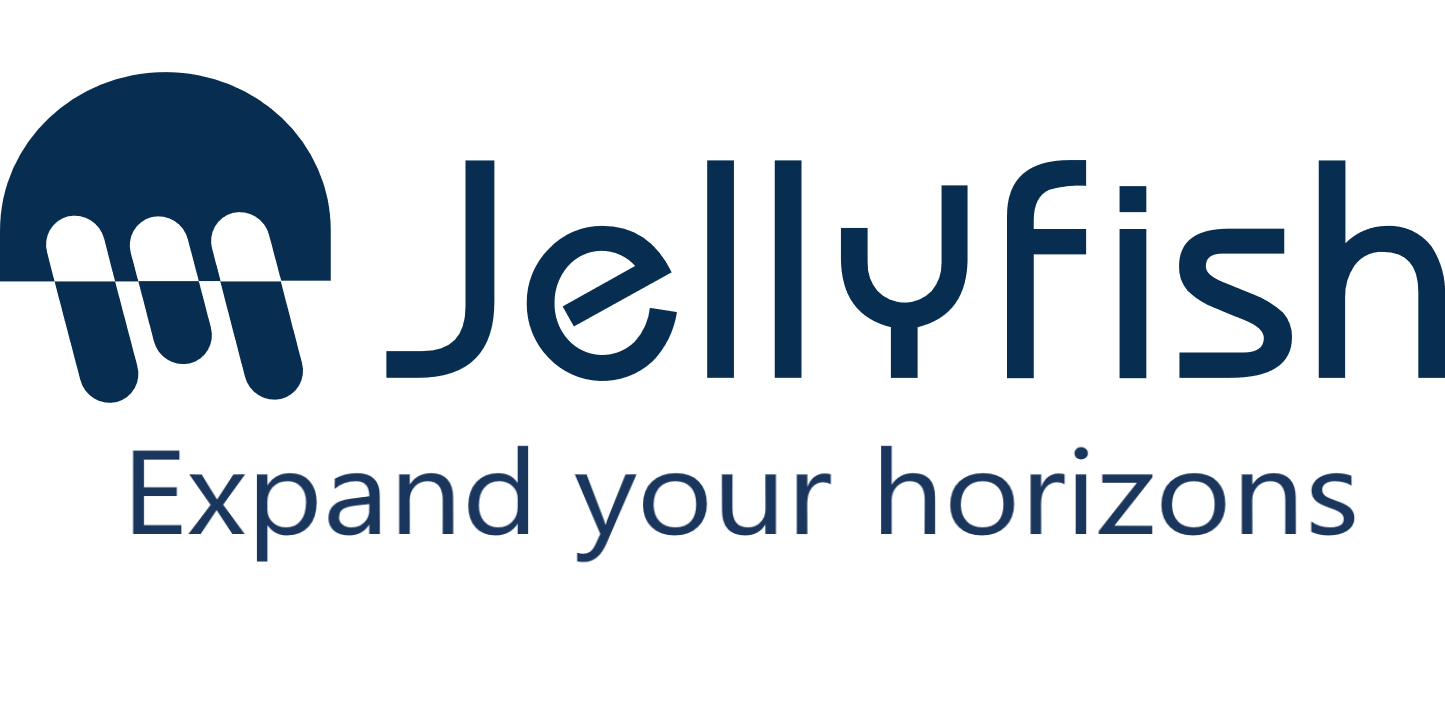
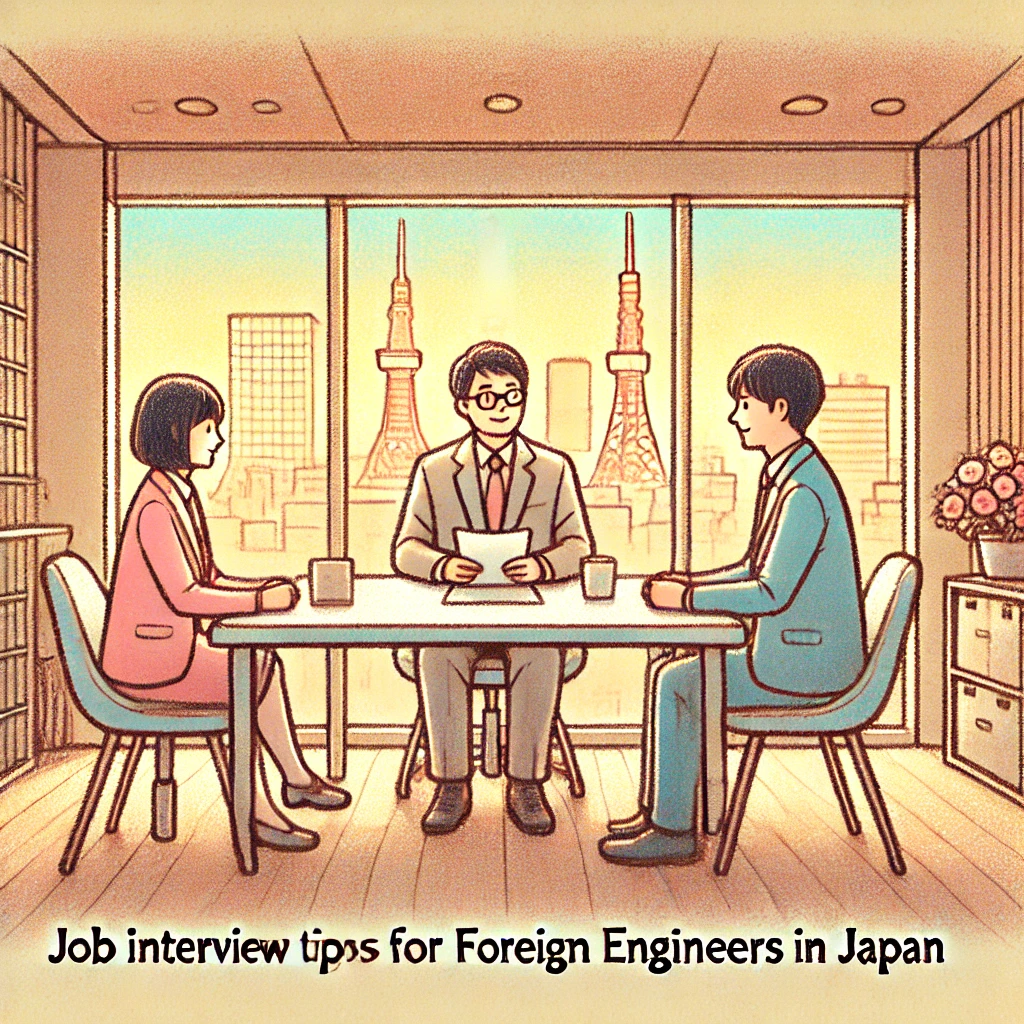
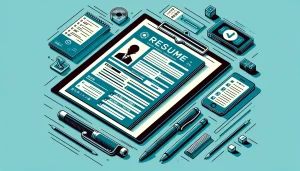
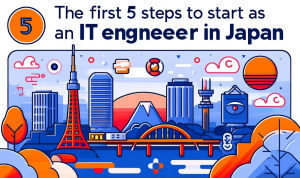

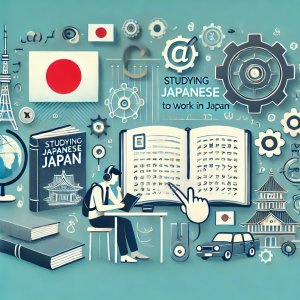
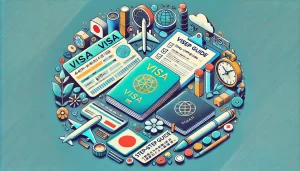
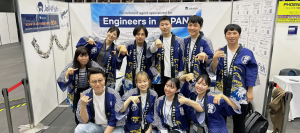


What do you think? Leave Us a Comment!